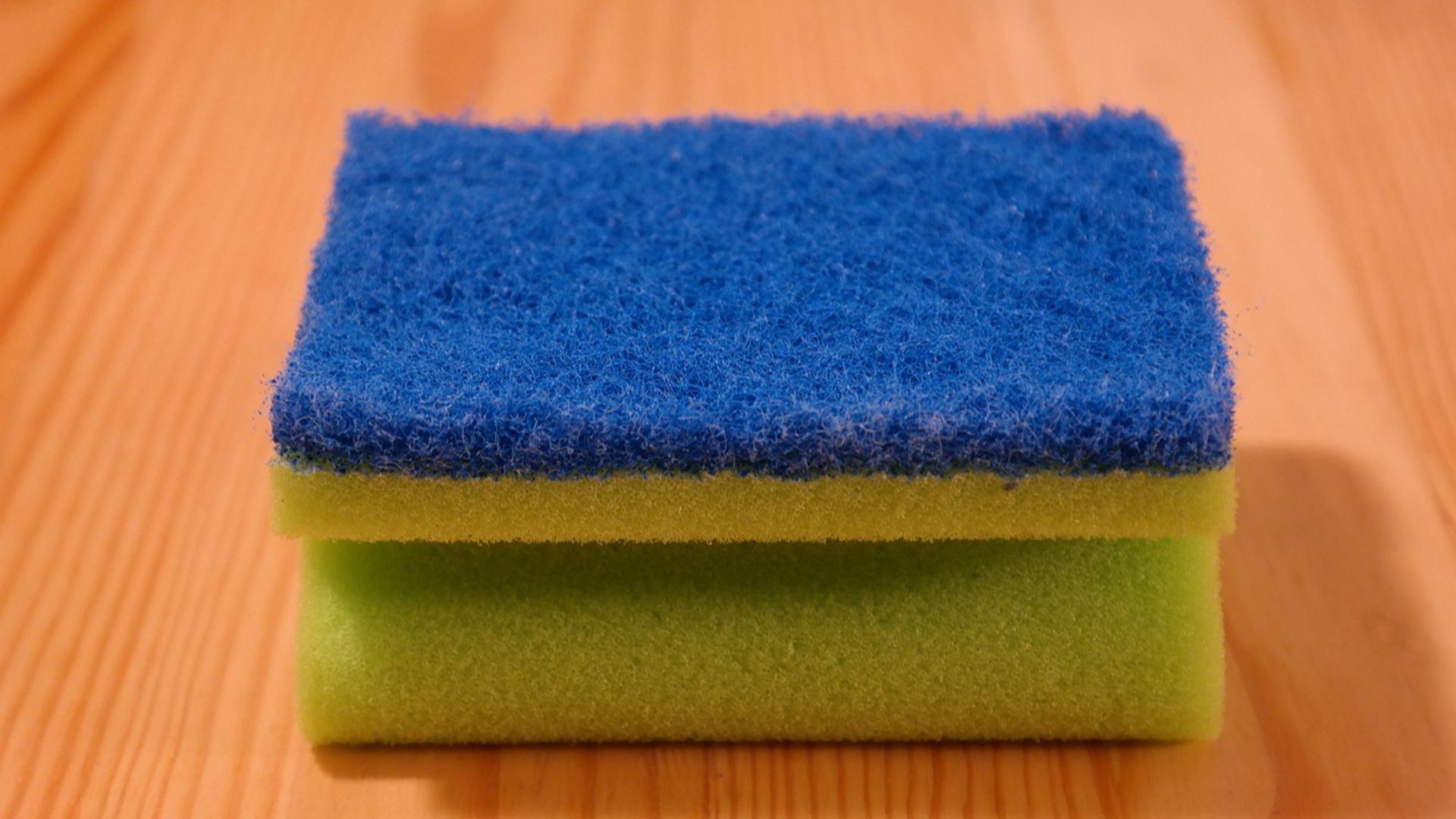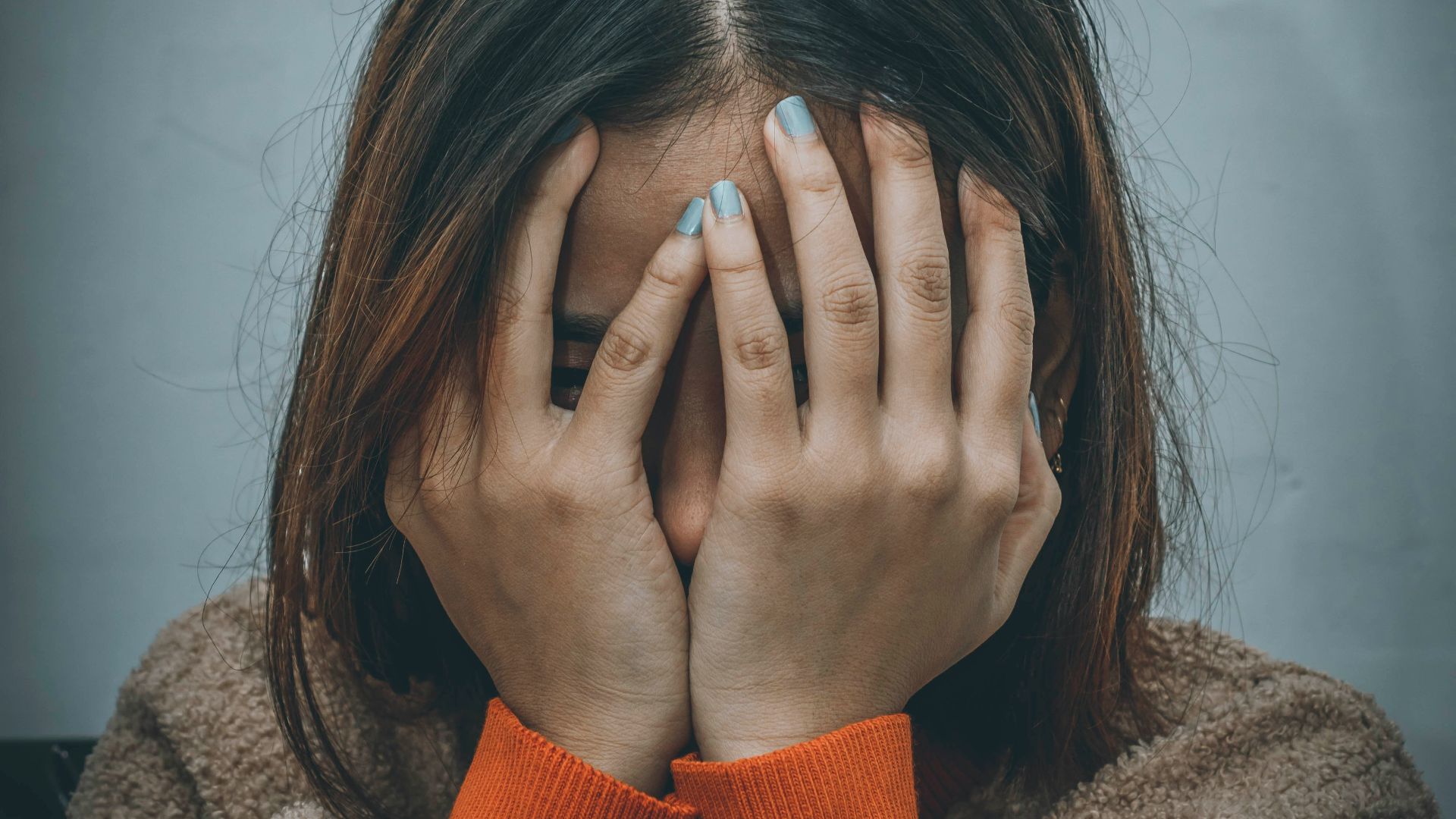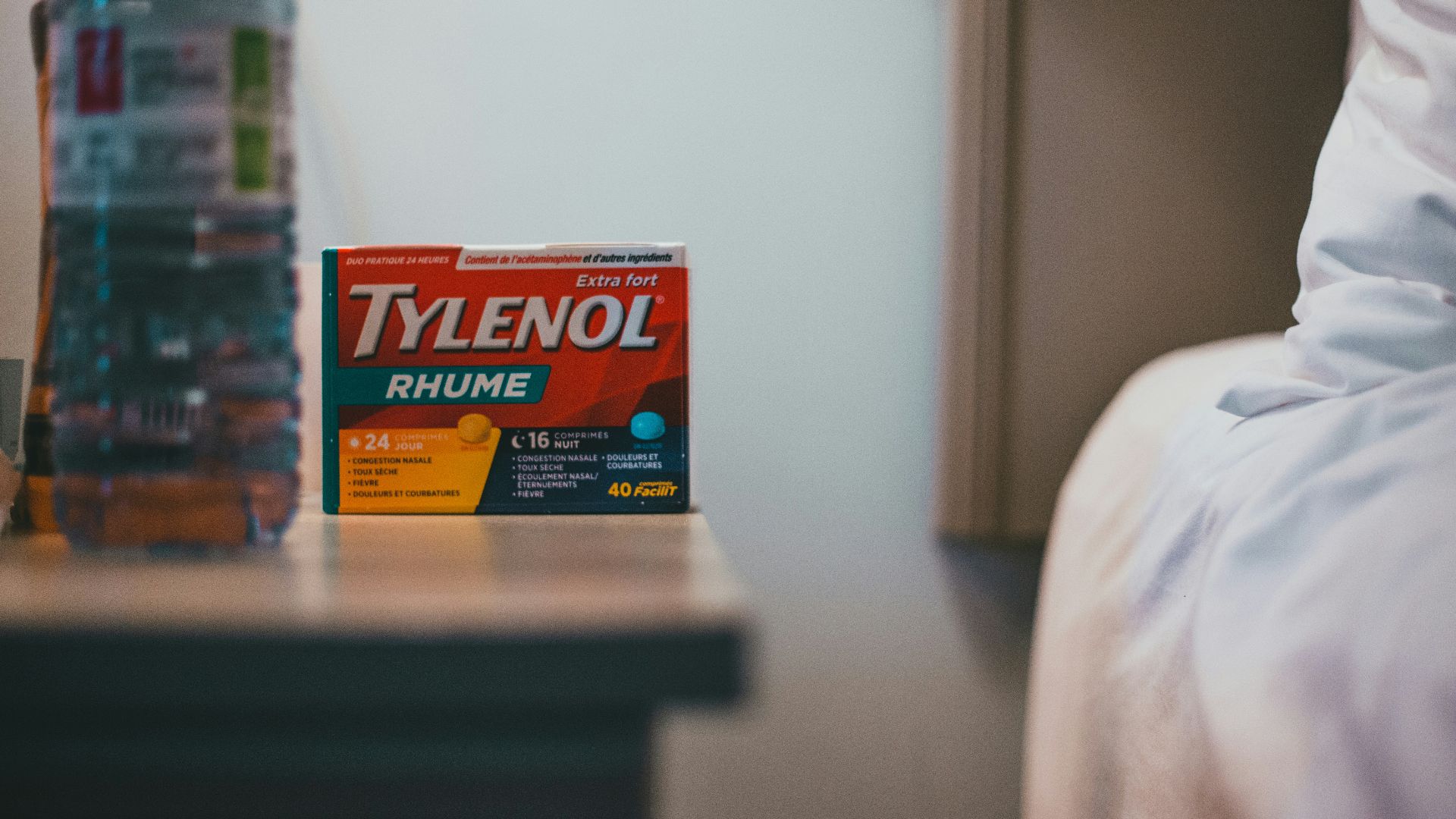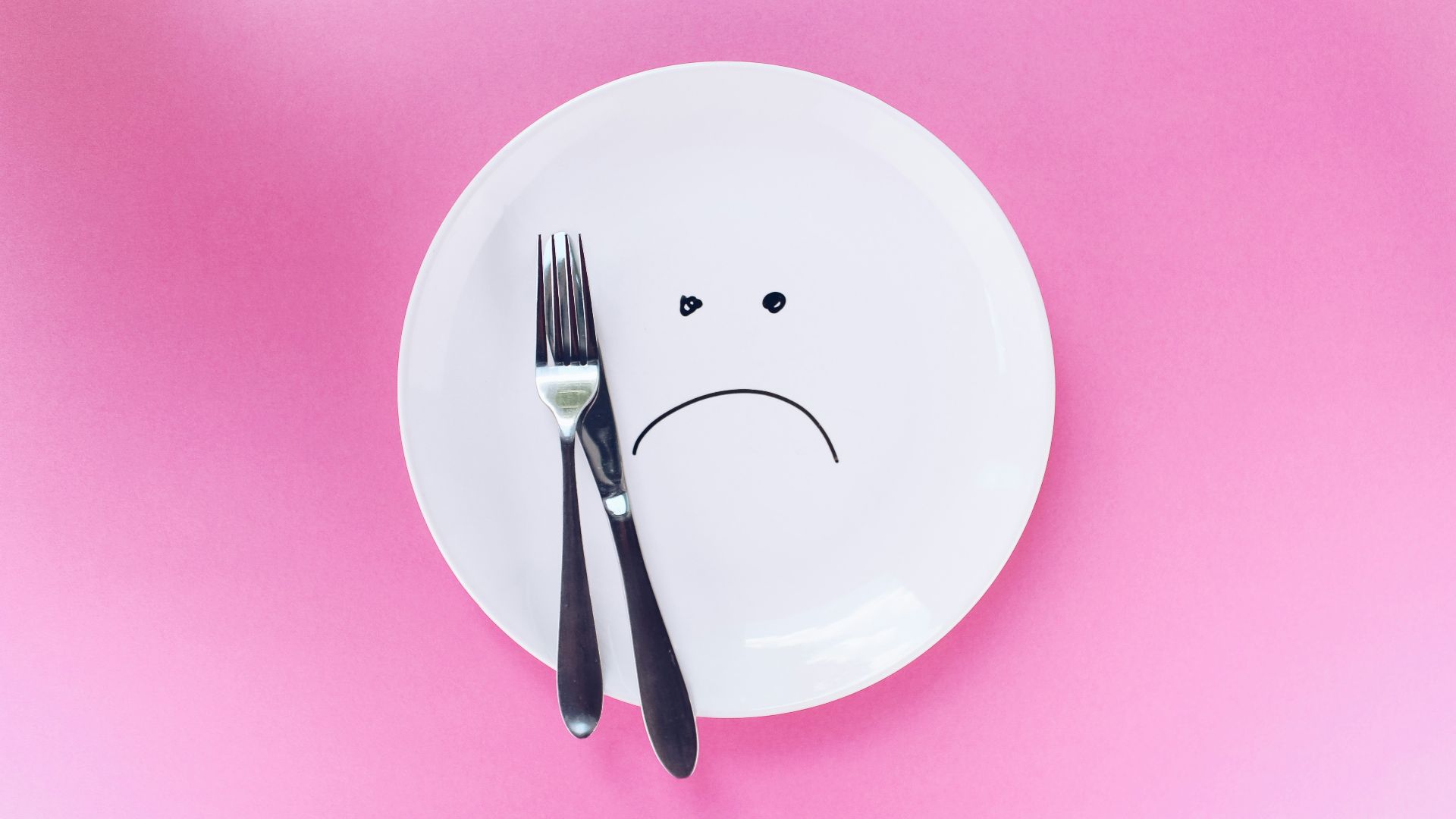Do You Practice Any of These Bad Habits?
From late-night snacking to sedentary jobs, we all have a few bad habits we’d like to curb. But with so many things to keep on top of, you might have more to correct than you think! Let’s dive into some habits that do a number on your mental and physical health.
1. Not Getting Enough Sleep
Our bodies all but break down without enough sleep. You can experience any number of health problems from obesity to heart disease, not to mention the added stress of high blood pressure and lowered longevity. Remember too that sleep patterns also depend on your habits before bed.
2. Indoor Tanning
As much as we enjoy a good tan, there’s a right way and a wrong way to bronze your skin. While a little time in the sun isn’t the end of the world, researchers found that indoor tanning is just as detrimental to our health as smoking can be—particularly for cancer risks.
3. Excessive Stress
With so much to deal with in our everyday lives, we often lose track of our stress levels. However, you might want to pay closer attention because chronic stress is a leading cause of high blood pressure, lower immunity, and slower digestion. It also contributes to a higher risk of mental illness as well as additionally unhealthy habits like smoking or doom scrolling.
4. Poor Dieting
At this point, we all know the importance of a balanced diet—but it’s harder to practice in our day-to-day. Whether it’s too much sugar or excessive sodium, poor diets cause an onslaught of health problems like obesity, kidney and liver disease, heart disease, and diabetes.
5. A Sedentary Lifestyle
Nine to fivers can’t always control how many hours they spend in a chair, but it’s time to get moving throughout the day. Too much sitting has been linked to heart disease, obesity, and even a higher risk of certain cancers (among other things). Set a timer to stretch those legs every 30-60 minutes.
6. Not Enough Exercise
Of course, sitting isn’t the only thing that hurts our muscles and joints. A lack of exercise impacts everything from our heart to our lungs, so it’s vital that we establish a healthy workout routine. Without one, we expose ourselves to a greater risk of depression, poor sleep cycles, and osteoporosis.
7. Too Much Snacking
A little snack once in a while isn’t a bad thing—but overeating, especially when you aren’t hungry, is a recipe for disaster. Among other things, that kind of aimless consumption opens the door to weight gain, high blood sugar, and potential heart problems. It’s important to practice mindful eating by listening to your body’s cues and only munching when you’re actually hungry.
 Phillip Goldsberry on Unsplash
Phillip Goldsberry on Unsplash
8. Scrolling Before Bed
Ah, we’ll just scroll for a few minutes before bed. What’s the worst that could happen? Well, the next thing you know it’s two hours later and well past your bedtime. Doom scrolling not only suppresses our melatonin, but also stops the brain from relaxing, which keeps us awake far longer. It’s recommended that you put your phone away at least one hour before bed.
9. Drinking Too Much
A glass of red here, a glass of white there. It’s okay to drink in moderation. But drinking more than one or two glasses a day can seriously impact your health. In addition to high blood pressure and heart disease, overdrinking also impedes your concentration, memory, and cognitive function.
10. Never Replacing Your Kitchen Sponge
We all have that one diligent kitchen sponge—but it might be time to swap it. Sponges soak up everything, including germs, which turns it into a cesspool of bacteria that’s then spread around your kitchen. To avoid harmful conditions like infection or cross-contamination, change yours at the first sign of odor.
11. You Forego Flossing
Poor dental hygiene affects more than just our teeth. First, let’s go through some of the oral problems: gingivitis, plaque, and cavities await those who don’t regularly brush. Now come the surprising side-effects like an increased risk of heart disease and dementia. So, break out that brush and never forget to floss!
12. Leaving Tampons Too Long
Depending on your flow, tampons should be changed every four to six hours. Try not to forget they’re in there because the consequences range from odor, fever, pelvic pain, and even more serious cases like toxic shock syndrome.
 Photo By: Kaboompics.com on Pexels
Photo By: Kaboompics.com on Pexels
13. Neglecting Mental Health
We thankfully live in a world that has started to embrace mental health—so don’t leave yours in the dust! If you’re struggling with symptoms of mental illness, it’s always worth contacting a professional to learn about potential treatment. No one should have to suffer alone.
14. Late-Night Eating
Try to hold off on any late-night cravings. Eating right before bed not only impedes your sleep pattern but has also been linked to higher risks of weight gain and diabetes. While it isn’t inherently bad, the added consequences often aren’t worth it.
15. Overusing OTC Medication
We’ve all taken an OTC pain reliever before, but keep an eye on just how often you reach for the bottle. Acetaminophen, in particular, has been found to cause potential problems with the liver, which means caution is warranted during flu season. Always read the label and consult with your physician before taking anything.
16. Infrequently Washing Bedsheets
Bacteria, bed bugs, mites, breakouts—all these things and more await those who don’t wash their sheets. To avoid any rashes or allergic reactions, wash your sheets every one to two weeks. Bigger items like your comforter or pillow should get scrubbed every three months or so.
17. Sharing Toiletries
Sharing toiletries might not seem like a big deal among couples, but it’s actually a pretty dicey move. Toothbrushes, for example, carry all kinds of bacteria and the potential for disease while simpler items like razors can lead to skin irritation and infection. At the end of the day, it’s best to grab your own toiletries.
 Photo By: Kaboompics.com on Pexels
Photo By: Kaboompics.com on Pexels
18. Too Much Time Alone
Some of us are still reeling from the effects of the pandemic, but now’s the time to embrace your social circle. Too much time alone wreaks havoc on your mind and body. On top of a greater risk for mental illnesses, loneliness can also cause a slew of physical problems like heart disease, diabetes, and even shorted longevity.
19. Restrictive Diets
Restrictive diets seem like a good way to shed pounds fast, but they’re actually doing more harm than good. In addition to the potential for lost nutrients, these diets can encourage overeating rather than embrace sustainable weight loss.
20. Blasting Your Music
Who doesn’t love getting lost in their favorite playlist? While music itself is a great stress reliever, that cranked-up volume is another story. Experts recommend anywhere between 70 and 80 dB—anything louder and you run the risk of tinnitus or permanent hearing loss.
KEEP ON READING

20 Diseases Doctors Still Can't Explain
























